Most lifters love to lift – hardly surprising news. But many loath to do cardio and view it as a waste of energy. Why do cardio when you could do a few more sets of curls?! While such an attitude might mean you have more energy for lifting, you might actually be doing yourself a disservice if you completely avoid cardio.
While there is no reason to start running marathons, you might be surprised to learn that whether you are a bodybuilder, a powerlifter, or just someone who loves to lift, cardio may actually make you better at your chosen activity.
1. Improved health
Cardio is good for your heart, lungs, and circulatory system. It’s all well and good being as big as a truck or as strong as an ox, but if your vital organs are unhealthy and weak, serious illness could be on your immediate horizon.
Lifting weights places a lot of stress on your heart and can lead to significant rises in blood pressure. This can be a real problem for those who have poor cardiovascular fitness. But, for those that do their cardio, it’s no big deal.
Big biceps or an impressive bench press are worthy goals but if you exercise regularly, your health is equally important.
2. Less muscle soreness
Cardio increases circulation and pumps freshly oxygenated blood to your working muscles. This effectively flushes away lactic acid and any other metabolic remnants which may cause post exercise muscle soreness. Doing light cardio either after your main workout or on the days in between may prevent soreness. Cardio may also help you train more often by hastening recovery.
3. Improved workout capacity
A heavy set of squats or deadlifts can leave you huffing and puffing like a train. The sooner your heart and breathing rate return to normal, the sooner you’ll be able to do another set. The more sets you can do before you run out of energy, the better your results will be.
Improved cardiovascular fitness will allow you to do more sets per workout by shortening the amount of recovery time you need between sets. This is especially true for “big guys” who get out of breath easily and require long rests.
4. Prevent fat gain
Building muscle requires lots of energy in the form of food. However, some of those extra calories inevitably turn to fat. Performing cardio during a bulk will prevent some of those excess calories being converted to fat so you’ll have to diet for less time at the end of your weight gain phase. Cardio can also help you lose fat faster when you are trying to get lean.
Cardio: how long, how often?
Too much cardio could limit strength or size gains and lots of cardio will elevate cortisol levels which could actually cause muscle loss. However, if you are sensible and only do moderate amounts of cardio, you should find that it is beneficial rather than detrimental to your goals.
Twenty minutes, three-times a week, is a good place to start and, if you are serious about losing fat, you might increase this to 30-minutes, five times a week. That should be sufficient for fat loss, fitness, and your health.
Good exercise modalities include the stationary bike, cross trainer, stepper, rower or walking on an inclined treadmill. For most avid strength trainers, running is not recommended because a) being a big guy means a lot of stress on the feet, ankles, knees, and hips and b) lots of trauma for the leg muscles might make leg workouts difficult. Low impact activities are generally best.
Cardio: how hard?
In terms of intensity, there is no need to go crazy and thrash yourself to within an inch of your life! Instead aim for around 60-percent of your maximum heart rate (calculated as 220 minus age). You should feel out of breath but comfortable and be able to maintain a conversation.
If slow and steady cardio isn’t very appealing, try interval training where you work hard for 30-seconds and then take it easy for 90-seconds. Repeat ten times to total 20-minutes.
Cardio is not only important, it might actually improve your lifting performance. The same is true for cardio fanatics; lifting weights will improve your cardio performance. Put most of your energy into your main goal but also supplement your workouts with other forms of training to maintain a healthy balance.


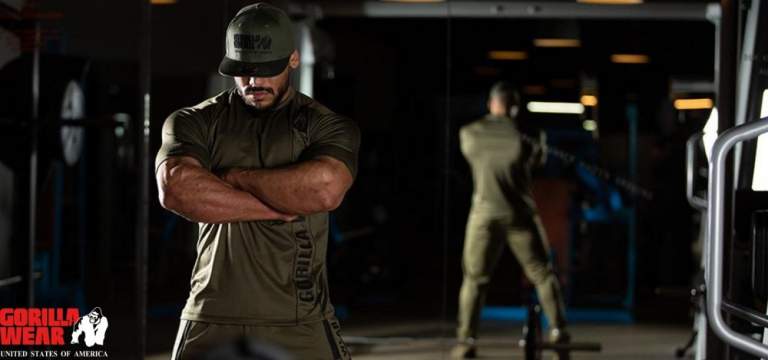

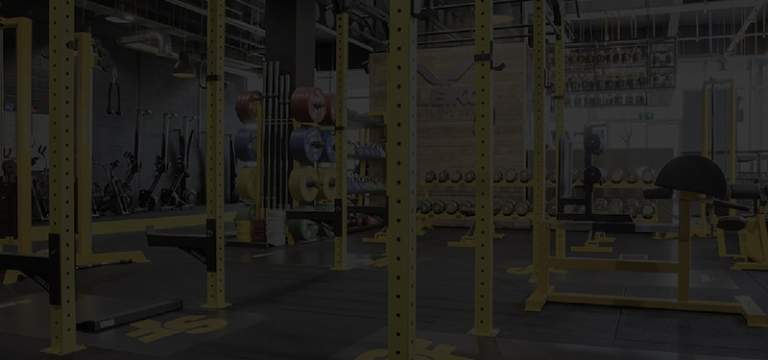

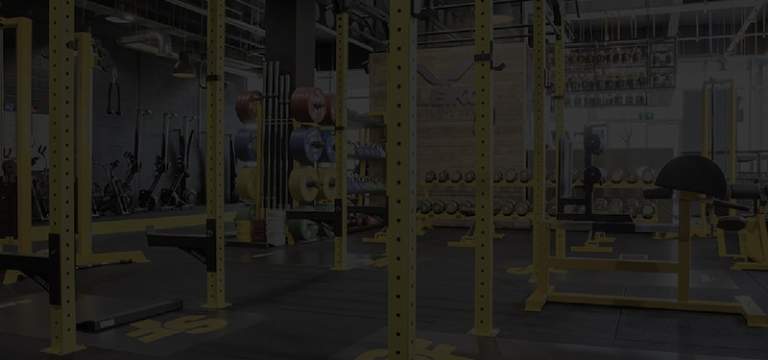

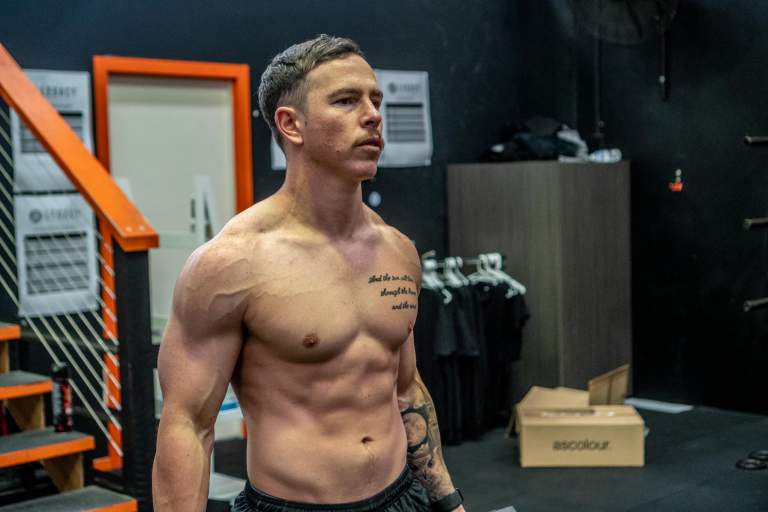

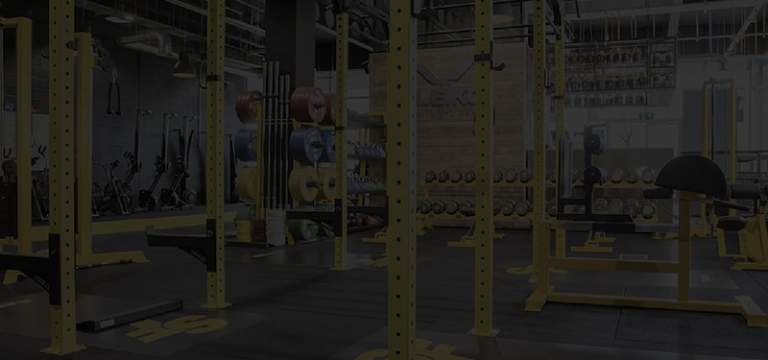
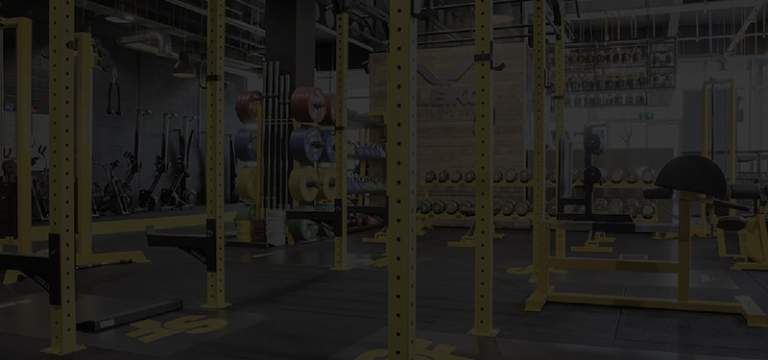
1 Comment
Comments are closed.